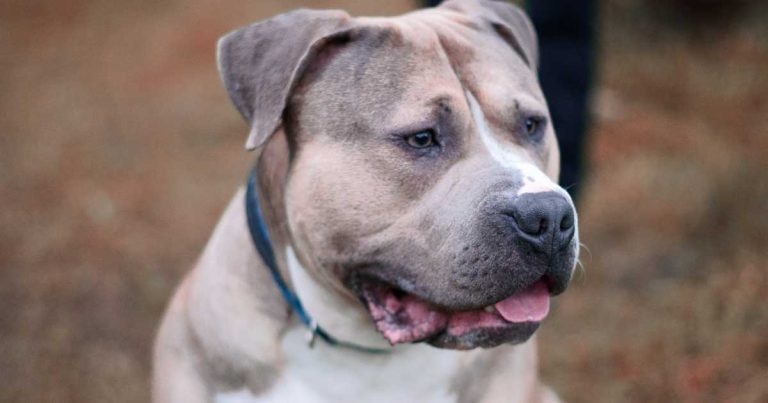29 Jan 2025
The National Police Chiefs Council says the bill for veterinary and kennelling fees could reach £25 million by the end of April.

Image: edit / Adobe Stock
One of Britain’s most senior police officers has warned the ban on XL bully dogs is costing forces millions of pounds in rising veterinary and kennelling costs.
More than 4,500 dogs were seized across England and Wales in the first eight months of the ban, according to the National Police Chiefs Council (NPCC).
A further 848 dogs, which were surrendered by owners who had not complied with the ban or engaged with the compensation scheme set up alongside it, have been euthanised over the same period.
The group insists that the ban, together with officers’ efforts to enforce it and public support in reporting cases, has “driven down” attack numbers.
But it warned the service has already spent more than £11 million on veterinary and kennelling costs, compared to just £4 million in 2018, and the figure could reach £25 million by the end of April.
Chief Constable Mark Hobrough, the NPCC’s lead for dangerous dogs, said forces were facing an ongoing and “simply huge” demand.
He added: “We are facing a number of challenges in kennel capacity, resourcing and ever-mounting costs and as of today, we have not received any additional funding to account for this.
“Policing will uphold the Government’s decisions, and we’ll act robustly to do so, but the bigger picture is a focus on responsible dog ownership.
“People need to be aware of the types of dogs that they’re bringing into their homes and make the right decisions to choose a breed which suits their lifestyle, environment and experience.”
Mr Hobrough, who is the chief constable of Gwent Police, also called for the current law to be amended to give them a broader range of options, depending on the circumstances of specific cases.
He said: “At the moment, the only option you have is to go to court when someone is in possession of an unregistered XL bully but we feel there are some situations which could be swiftly dealt with through out of court disposals.
“For example, there’s potentially a big difference in someone who has unwittingly ended up owning a dog from a young age they weren’t aware was an XL bully or those who on veterinary advice were unable to have their dog neutered by the deadline versus an individual who is intentionally breeding and selling these dogs.
“We will always protect our communities by ensuring these dangerous dogs are dealt with but we urgently need the Government to support us in coping with the huge demand the ban has placed on our ever-stretched resources.”
The comments are likely to raise pressure on ministers to look again at the legislation on dangerous dogs which is already widely opposed within the veterinary and welfare sectors.